Register your school or college with British Weight Lifting for just £15/ year and be part of our new school weightlifting network.
Become a Partner School (£15/ year)
Affiliate your school with British Weight Lifting and become part of the national weightlifting community.
All Partner School’s receive:
- Exclusive discounts on the following education courses:
- Level 1 Award in Coaching Olympic Weightlifting
- Level 2 Certificate in Coaching Olympic Weightlifting
- Level 2 Award in Coaching Functional Fitness
- Combined Level 1 Award and Level 2 Certificate in Coaching Olympic Weightlifting
- Enquire now for a course quote by emailing courses@britishweightlifting.org
- British Weight Lifting Partner School Certificate and use of branding
- Eligibility to hold a BWL Tier 4 Event
- 25% off at Eleiko (members are eligible after 3 months of membership)
- 20% off at Optimum Nutrition
- 20% off at SBD - see guidance here
- 10% off at Sport & Fitness Flooring
- 5% off British Weight Lifting courses
- Free trial and 20% off at BoxMate, and free trial with TeamUp - see guidance here
- CJC Gains BWL Thumb Tape at wholesale price
- Free Level 2 Technical Officials Training
- Free Lift Clean awareness course
- Free Equality, Diversity, and Inclusivity awareness course
To become a Partner School your organisation needs to be a registered school or college in the UK. This includes comprehensive and independent schools.
A member of school staff needs to be the administrator of your school’s affiliation with British Weight Lifting, which requires annual membership to be purchased.
Sign up as a Member to British Weight Lifting (if you don’t have membership already)
- Click here to create your profile and purchase your individual membership
Register your School or College
- Once you have BWL membership, sign in to the Members platform
- Select ‘Set up Partner School’ from the menu
- Enter your organisation details and click ‘Add’
- Select ‘Memberships’ and ‘Add Membership’
- Complete the questions about your organisation, including what information you’d like to be displayed on British Weight Lifting’s website (optional)
- Fill in your School or College reference number. (Find out your school or college’s reference number here).
Weightlifting
Weightlifting is often referred to as Olympic weightlifting, as it features in each Summer Olympic Games. The sport of weightlifting includes two barbell lifts, the snatch and the clean and jerk. In competition, lifters’ attempt to lift the heaviest weights possible. The winner is determined by the highest total (the lifters’ best snatch and clean and jerk added together).
The weightlifting movements, often referred to as derivatives (e.g., power snatch, hang clean) are popular movements used by many athletes to enhance their sporting performance by:
- Increasing strength
- Improving jumping ability
- Increasing speed
- Reducing injury risk=
Participating in weightlifting activity has additional benefits such as improvements in:
- Body composition
- Bone mineral density
- Motor control
- Psychosocial wellbeing
Para Powerlifting
Para Powerlifting made its debut at the 1964 Paralympic Games in Tokyo, featuring a handful of male competitors with spinal cord injuries. Fast-forward to the present day and the sport boasts hundreds of elite male and female athletes from a variety of disability groups, representing more than 110 countries. Integrating the bench press, often considered the ultimate test of upper body strength, Para Powerlifting is one of the fastest growing Paralympic sports.
Functional Fitness
Functional fitness training encourages individuals to develop physical fitness components (e.g. strength and cardiorespiratory fitness) that allows them to perform everyday activities. Functional fitness programmes typically incorporate several training modes including weightlifting, calisthenics/gymnastic movements, plyometrics and metabolic conditioning activities.
All staff teaching weightlifting in schools should have a relevant qualification.
- A level 1 coach is effectively considered to be an assistant coach and should only coach weightlifting under the supervision of an independent coach.
- A level 2 coach is considered to be an independent coach, and can apply for a coaching licence, allowing them to coach lifters of all ages in weightlifting competitions.
Key point: Strength or resistance training encompasses many forms of resistance exercise, including weightlifting, powerlifting and para powerlifting as well as loaded movement patterns performed in functional fitness training settings.
Find out more:
Is strength training appropriate for young people?
The UK’s Physical Activity Guidelines recommend for children and young people to do activities that develop movement skills, and muscle and bone strength. All of this can be positively impacted by engaging young people in a strength training programme.
Find out more: Get Strong. Move More: UK Physical Activity Guidelines for Young People (5 – 18 years)
Despite previous misconceptions, it’s now recognised by global health authorities and leading strength and conditioning and sport science associations that weightlifting as a form of resistance training, is beneficial to youth when delivered, programmed and monitored by a qualified professional.
British Weight Lifting recommends that there should be an emphasis on skill mastery and technique development, rather than weight lifted.
The initial focus for young people should be to develop movement literacy before attempting to lifting maximal or near maximal loads.
Find out more: British Weight Lifting’s Youth Position Statement
To introduce weightlifting and strength development, your school will need access to some equipment. For example:
- A venue with suitable flooring or matting
- PVC or wooden technique bars
- Weighted technique bars
- Technique plates
- Collars
As weightlifting becomes more established, your school may need access to:
- Olympic barbells and plates
- Squat stand
- Optional additional weightlifting equipment
- Storage or transportation
Mats for lifting weights are for the purpose of protecting the equipment and facilities from unnecessary damage.
Hannah Bussey (Sport Development Manager): hannah.bussey@britishweightlifting.org / @hannah_bwl
For course bookings and enquiries e-mail courses@britishweightlifting.org
Partners
-
 Official Partner
Official Partner
-
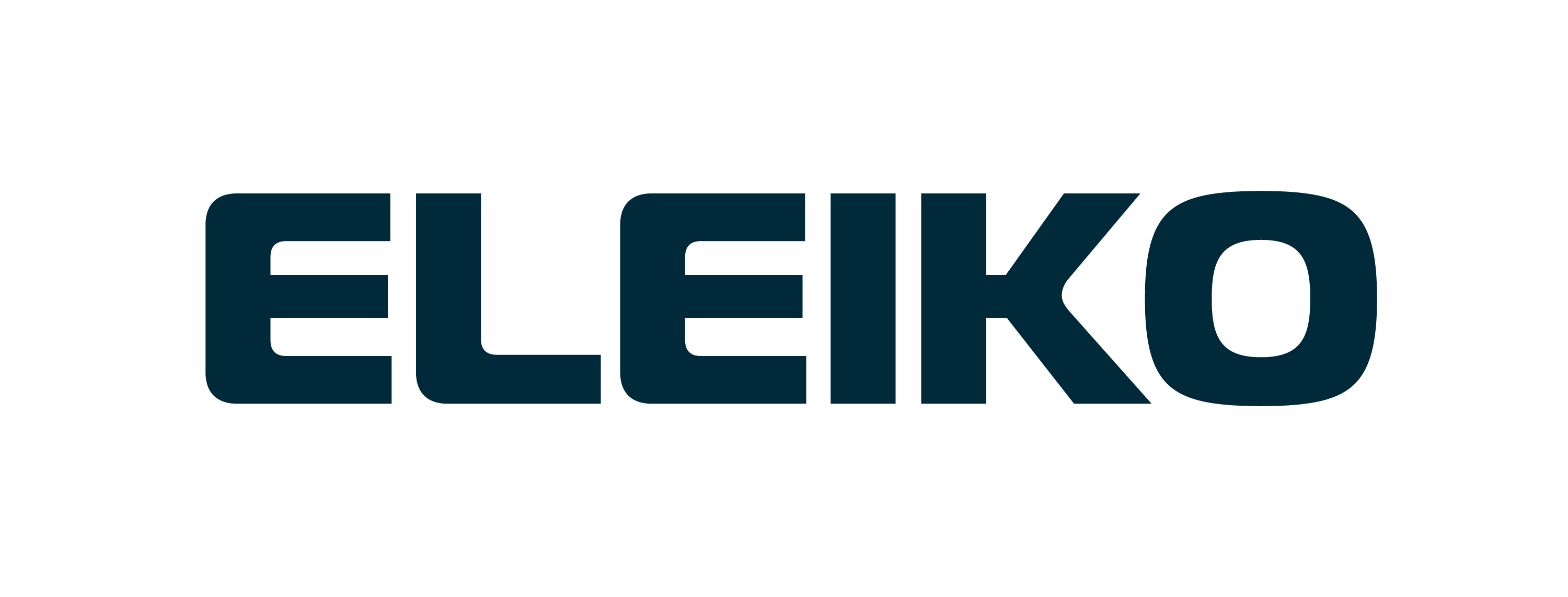 Official Equipment Partner
Official Equipment Partner
-
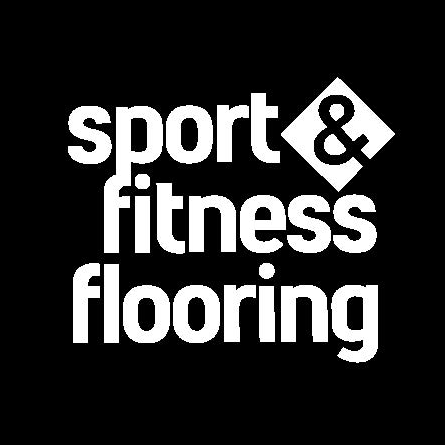 Official Partner
Official Partner
-
 Official Photography Agency
Official Photography Agency
-
 Official Partner
Official Partner
-
 Official Partner
Official Partner
-
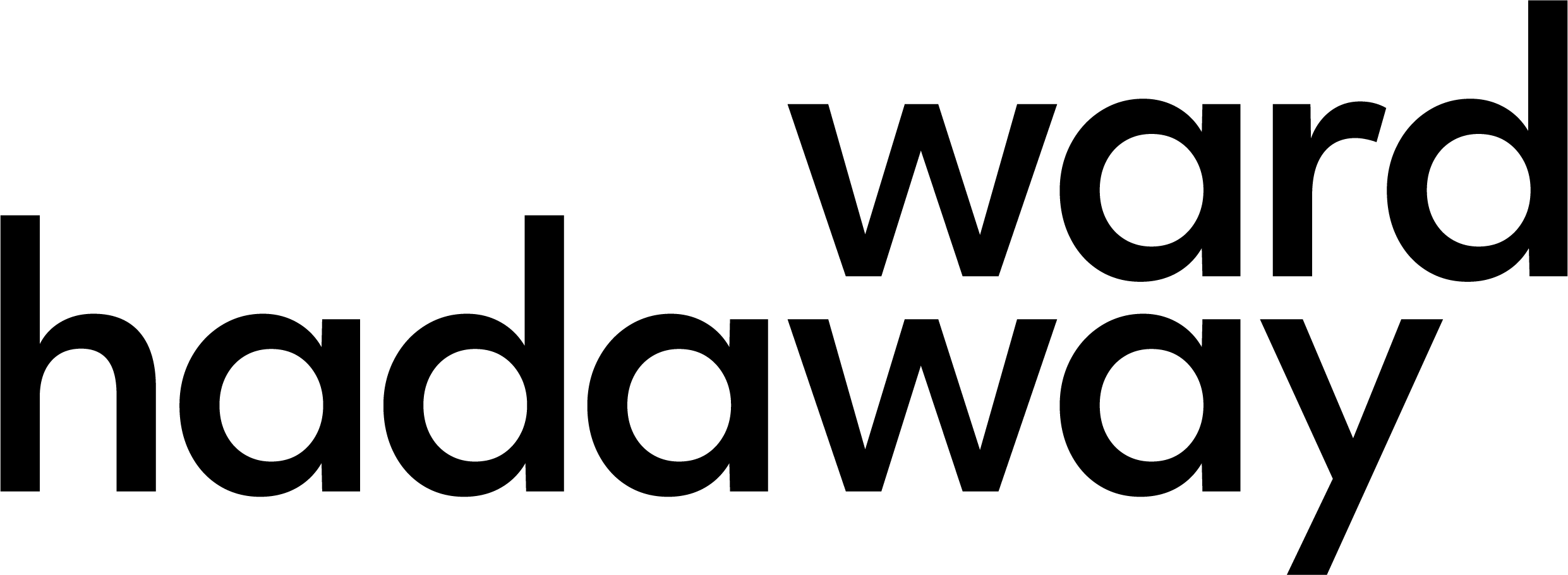 Official Partner
Official Partner
-
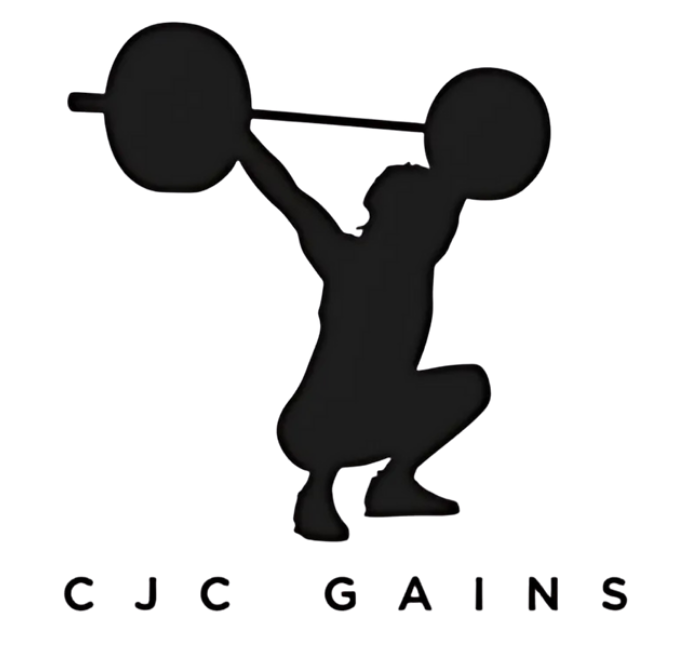 Official Partner
Official Partner
-
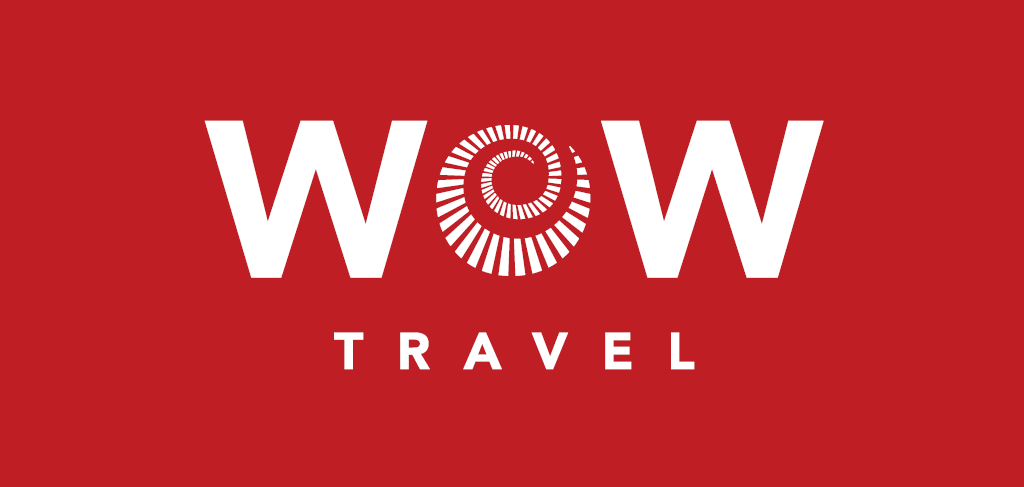 Official Travel Partner
Official Travel Partner
-
 Partner
Partner
-
 Funding Partner
Funding Partner
-
 Funding Partner
Funding Partner
-
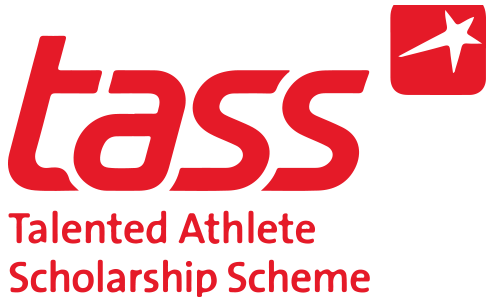 Funding Partner
Funding Partner
-
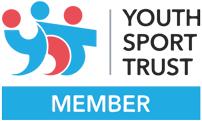 Official Strategic Partner
Official Strategic Partner
-
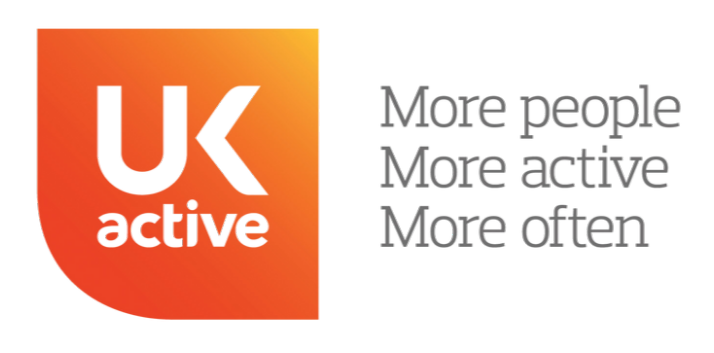 Official Strategic Partner
Official Strategic Partner
-
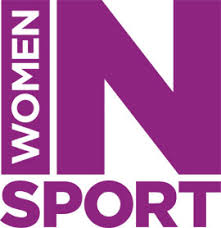 Official Strategic Partner
Official Strategic Partner
-
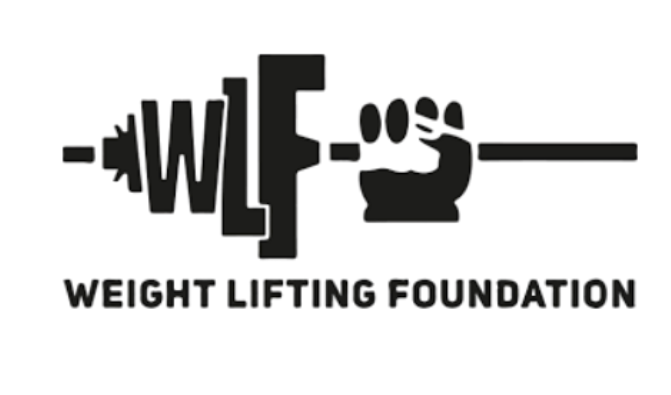 Weight Lifting Foundation Charity
Weight Lifting Foundation Charity
-
 Official ELearning Partner
Official ELearning Partner
-
 Official Awarding Organisation
Official Awarding Organisation
-
 Official Course Endorsement
Official Course Endorsement


